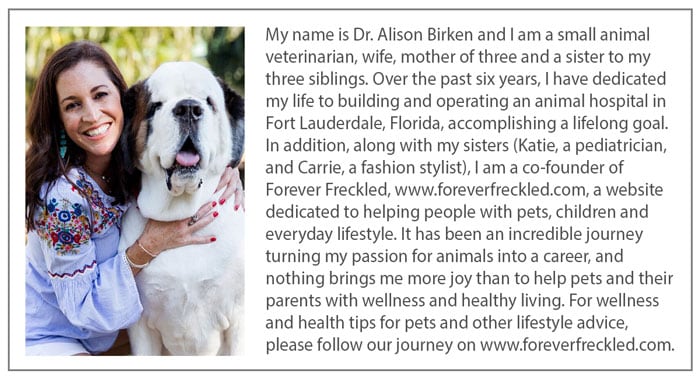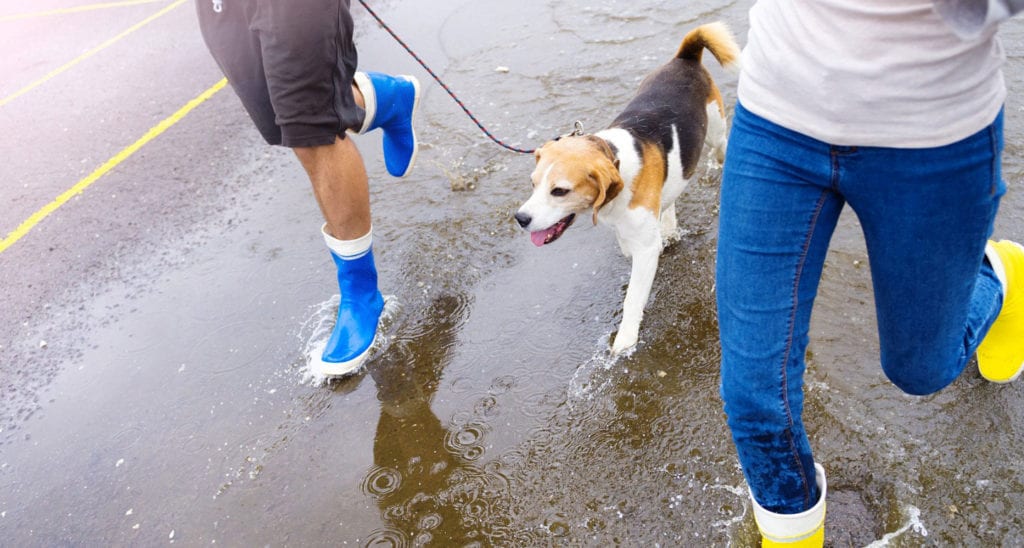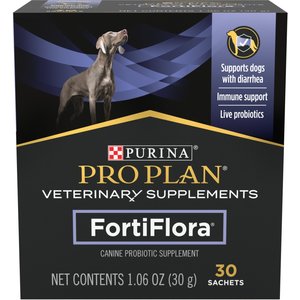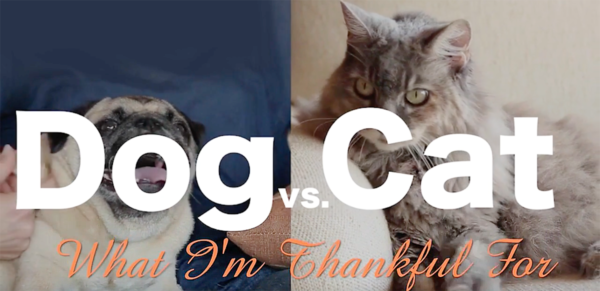As much as we all love the charm and magic of the holiday season, we don’t always enjoy the cold weather and staying indoors—and neither do our furry friends. But the outdoors comes with its own hazards for pets, including some you may not expect. For instance, did you know that rain showers and melting ponds can pose dangers to pets? I am always advising pets parents not to allow their pets to drink from puddles. Dirty water and puddles can harbor bacteria and parasites that can pose health hazards to pets.
Leptospirosis From Standing Water and Puddles
Leptospirosis is a bacterial infectious disease that can affect many animals, including wildlife, rodents, dogs and even people. There are many strains of leptospira bacteria, all of which are commonly found in areas of rainfall and standing water, such as puddles.
Our pets contract this disease through exposure to or consumption of water that has been contaminated with urine by an animal already infected with leptospirosis. While, most commonly, pets contract the disease by swimming in or drinking infected water, most anything (plants, dirt or objects) can be potential sources of infection.
Leptospirosis also can be transmitted by direct contact with another infected animal or by eating infected meat.
Unfortunately, leptospirosis in dogs is also one of the few diseases that can be passed to humans, making it even more important to protect your pets from it.
The most common symptoms of leptospirosis in dogs are:
- Decreased appetite or anorexia
- Fever
- Muscle pain, stiffness, reluctance to move
- Weakness and depression
- Vomiting
- Diarrhea
- Conjunctivitis (red eyes)
- Dyspnea (difficulty breathing) or coughing
- Jaundice (yellowish color to the skin)
- Organ failure (kidney or liver failure)
If caught early enough, leptospirosis in dogs can be treated with antibiotics. However, you can protect your pup and prevent him from contracting leptospirosis with a vaccination, which I always recommend to my pet parents. Vaccines can be very effective at providing protection against this disease, but no vaccine provides 100-percent protection against infection, so it’s best to avoid puddles when out with your dog.
Giardia from Standing Water and Puddles
Giardia organisms are microscopic cells that live in the gastrointestinal tract of animals. Giardia is a common gastrointestinal parasitic disease that is transmitted to pets through the consumption of contaminated water. The infectious (or contagious) form is shed in feces of infected animals and contaminates water sources.
The most common clinical signs of giardia in dogs are:
- Diarrhea
- In severe cases, vomiting and loss of appetite
- In some cases, there are no signs at all
A diagnosis is made by testing the stool for giardia cysts. Metronidazole (antibiotic) and fenbendazole or Panacur are the most commonly used medications to treat giardia in dogs. Probiotics such as Nutramax Proviable-KP Dog & Cat Supplement Kit and Purina Pro Plan Veterinary Diets FortiFlora Probiotic Dog Supplement can help with the diarrhea as well.
Antifreeze in Standing Water and Puddles
Antifreeze and dogs can be a lethal combination. Antifreeze is a coolant used to prevent car engines from overheating. It can leak from the undercarriage of vehicles, mixing in with rainwater runoff and forming puddles.
Antifreeze has a sweet smell and taste that pets find appetizing, but it is very dangerous if ingested and is one of the most common forms of poisoning in pets. Consumption of even a tiny amount can have devastating consequences for animals. Antifreeze poisoning in dogs can cause irreversible kidney failure and death.
Antifreeze poisoning symptoms are:
- Lethargy
- Vomiting
- Diarrhea
- Loss of appetite
- Weakness
- Seizures
- Death
Avoid puddles in streets and ones that have formed in and around parking lots. Also, make sure to keep antifreeze containers well out of the reach of your pets.
If your pet ingests antifreeze, contact your veterinarian immediately. Early treatment is essential when it comes to antifreeze poisoning and can save your pet’s life.
I hope this helps all my pet parents out there to be more aware of all the possible hazards that lurk in puddles. My goal is to always keep our pets safe and healthy. Get out there with your pets and enjoy the weather with safety and caution. As much as I love seeing your pets walk through my animal hospital doors, I prefer to help avoid “sick” trips to the veterinarian! If you have any questions or concerns, you should always visit or call your veterinarian. They are your best resource to ensure the health and well-being of your pets.

Share:












